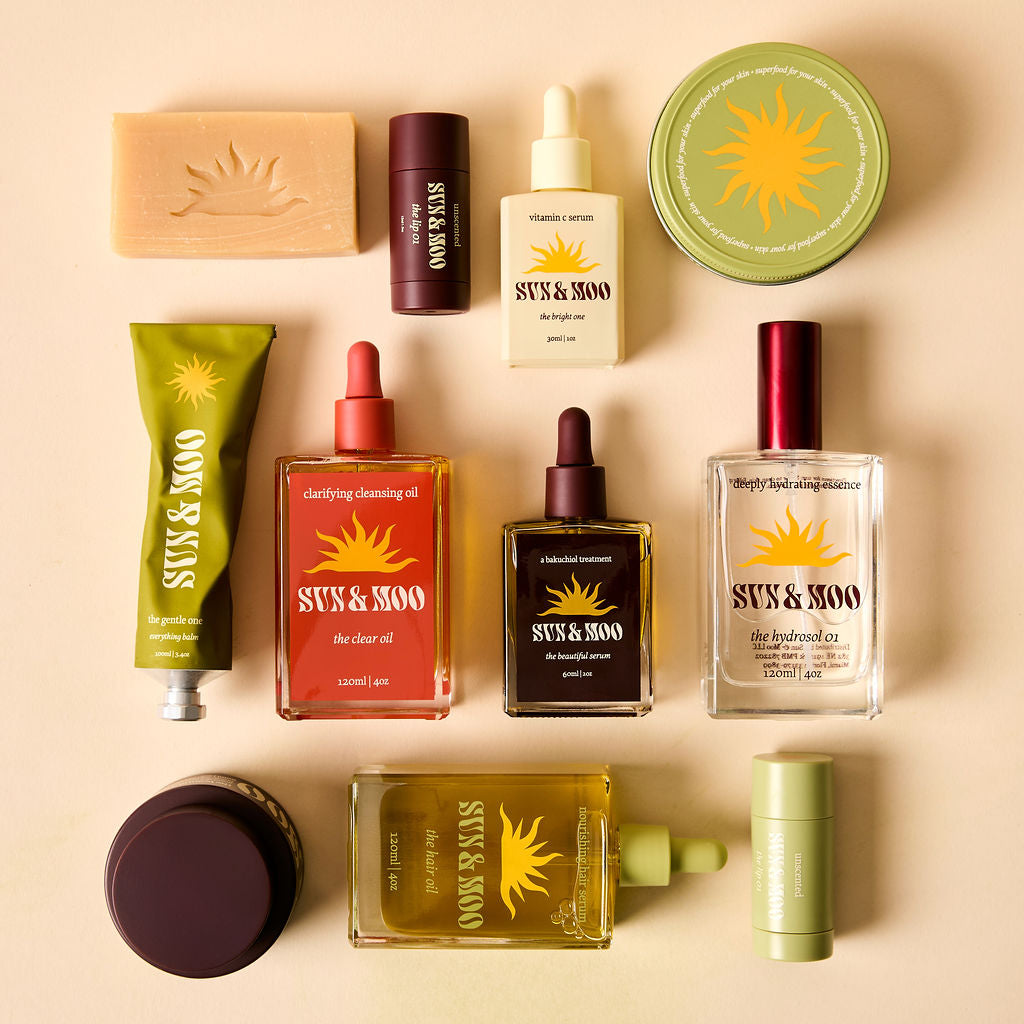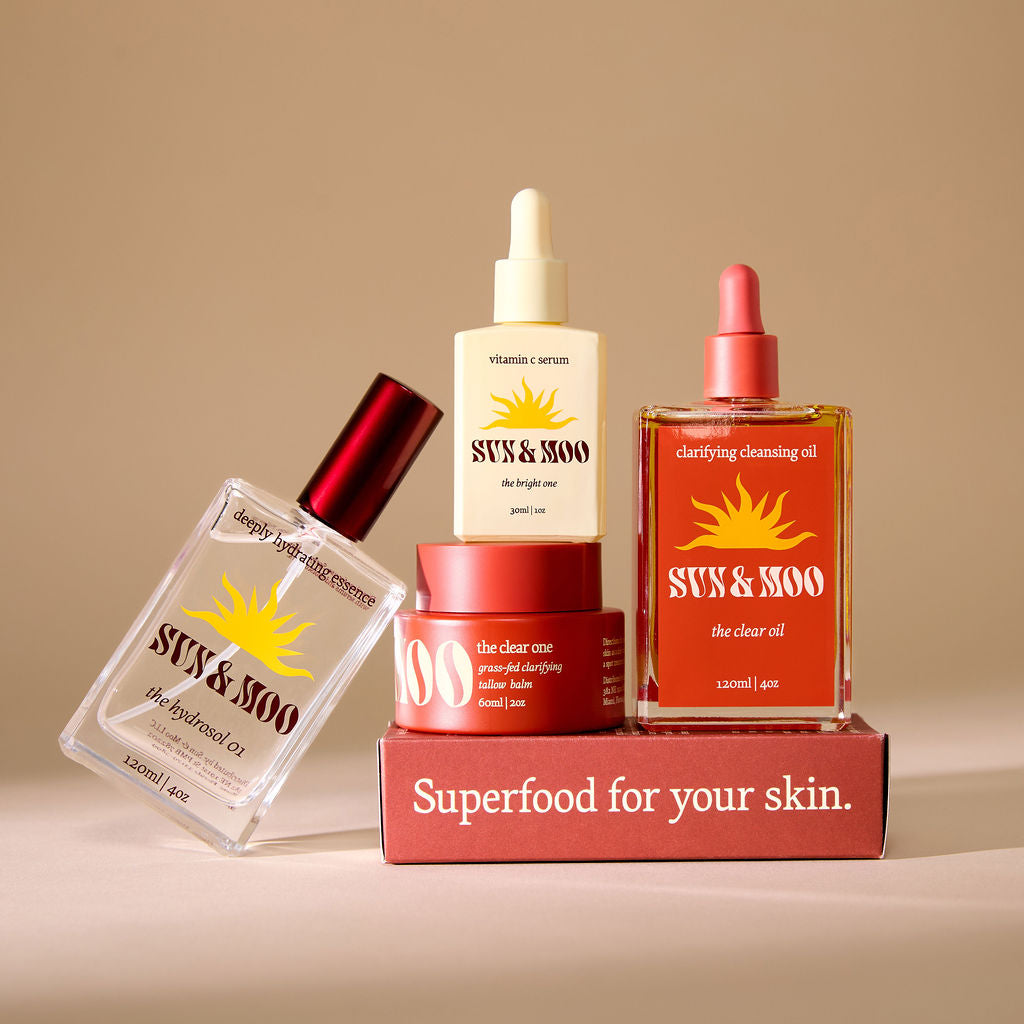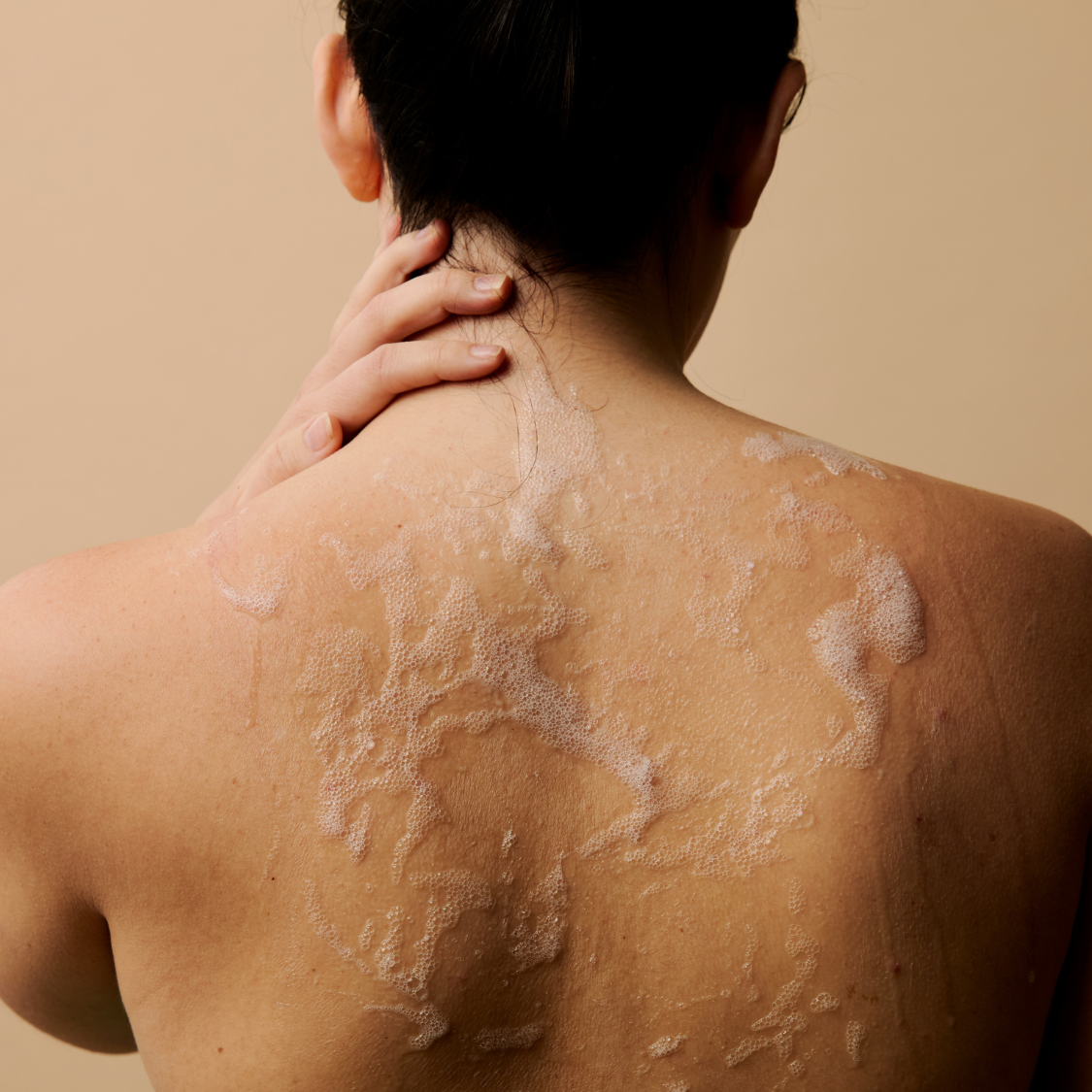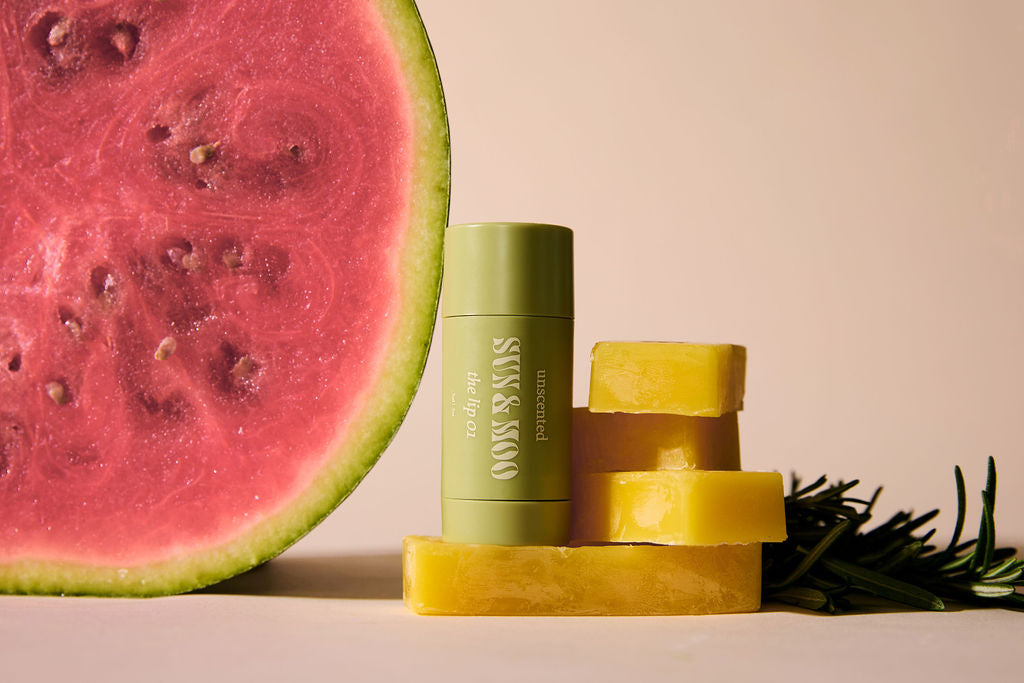Psoriasis is a condition where the body’s immune system goes into overdrive, causing skin cells to multiply much faster than normal. This leads to red, inflamed patches on the skin that can turn into scaly areas.
These patches can be really uncomfortable, often causing itching, burning and stinging sensations. Psoriasis can affect various parts of the body including the scalp, elbows, knees, lower back and hands.
While there is no conventional cure for psoriasis, there are ways to manage symptoms and reduce flare-ups, including natural skincare options like our product The Soother.
Let’s dive into how frankincense, the key ingredient in The Soother, can help those with psoriasis and how certain holistic strategies can help manage this condition as well.
How Frankincense Can Help with Psoriasis
Frankincense, a resin derived from the Boswellia tree, has been used for centuries in traditional medicine for its natural anti-inflammatory and healing properties.
For those that struggle with psoriasis, frankincense can be particularly helpful due to its powerful anti-inflammatory effects [1] which help to reduce the overactive immune response resulting in calmer skin with relief from itching and discomfort.
Introducing The Soother, A Natural Option for Psoriasis Relief
Our product, The Soother, is specifically formulated to be used as a daily face moisturizer as well as for eczema, psoriasis, cuts, burns, dry skin and more.
The nourishing properties of grass-fed and grass-finished tallow combined with frankincense’s soothing abilities makes this formulation a great option for those with psoriasis.
- Grass-fed and grass-finished tallow is rich in essential fatty acids and fat-soluble vitamins that have been shown to deeply moisturize and nourish the skin. The fats present in tallow have been shown to be biocompatible to the skin’s lipid barrier [2], therefore helping to strengthen the barrier – skin barrier dysfunction can contribute to psoriasis [3].
- Frankincense Resin, as discussed above, is known for its anti-inflammatory properties which help to soothe the skin, reduce redness and promote healing.
Using The Soother as a part of your daily skincare routine may help to alleviate psoriasis symptoms, giving your skin the gentle care it desires.
Holistic Approaches to Managing Psoriasis
While topical treatments like The Soother may offer a significant contribution to reducing psoriasis symptoms, it is also important to focus on what is going on internally that could be triggering flare-ups in the first place.
Here are some holistic approaches that can help with psoriasis management:
- Support Gut Health: The health of your gut plays a huge role in immune system function. Incorporating prebiotics, probiotics and a diet filled with whole nutrient-dense foods can help to support gut health and the immune system.
- Regulate Blood Sugar: Blood sugar imbalances can exacerbate inflammation and potentially lead to more frequent psoriasis flare-ups. Pairing carbohydrates with protein, fat and fiber with every meal will help to reduce blood sugar spikes (which is the goal). Additionally, even 5 minutes of movement (walking, heel raises, squats) after a meal has positive and measurable effects on blood sugar levels.
- Manage Stress: Stress is a well-known trigger for psoriasis. Finding ways to prevent chronic stress (such as meditation, therapy, yoga, mental health walks, talking to loved ones or deep breathing) can have a positive impact on psoriasis flare-ups.
Psoriasis can be challenging, but with the right combination of skincare and lifestyle support, it is possible to reduce its severity. Nourishing and soothing your skin on the outside and supporting your health on the inside, can really make a difference!
Give The Soother a try and see what these all-natural ingredients can do for your skin today!
References
- Diterpenoids and Triterpenoids From Frankincense Are Excellent Anti-psoriatic Agents: An in silico Approach - PMC (nih.gov)
- Tallow, Rendered Animal Fat, and Its Biocompatibility With Skin: A Scoping Review - PMC (nih.gov)
- Skin Barrier Dysregulation in Psoriasis - PMC (nih.gov)








